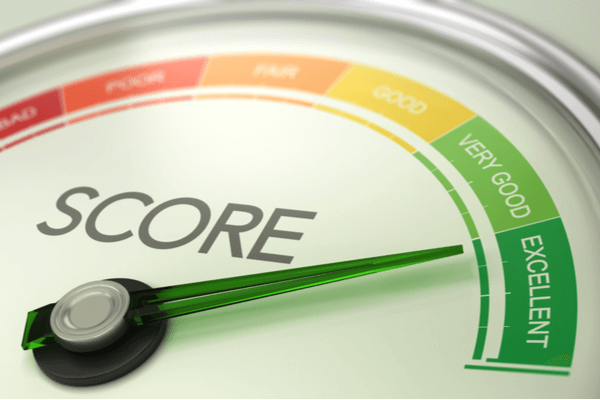When struggling with credit issues one might think that the solution is to have a credit repair company chip in and help with credit restoration. Nonetheless, that is not the case since getting help from a company implies more spending since you have to pay for the service. An individual can repair credit and rebuild their score without having to give away an penny for credit repair services. Additionally, one gains experience while rebuilding the credit score, which will come in handy later in life, for instance, helping a friend or family. Also, it enables one to remain with a good credit score such that an individual does not have to go over the same process. One of the ways of saving money is by cutting expenses. Employing a credit repair service would be an expenditure that leaves one at a disadvantage. Accordingly, it is essential to be cautious when implementing decisions because it is possible to have the credit scores drop further compared to the current state. Today, bad credit is more expensive because banks demand to see one’s credit scores before issuing a loan or a credit card.
Table of Contents
Why Credit Restoration
For any beginner, it will be helpful to check out this guide for assistance in matters of credit restoration. With a good credit score, one has the assurance that one can get a loan or raise the credit limit when needed. Also, with good credit, an individual can start their desired business. Also, it qualifies one for reduced interest rates and improved terms. However, credit repair becomes essential for most people when they require borrowing funds to get a loan or credit card. It is necessary to restore the credit even when one does not need it because restoration cannot occur in a day. Some factors contributing to lousy credit include extended credit card overdue, extended student loans, and foreclosure. Poor credit scores cause one to pay an increased interest rate.
Beginner’s Guide
Negative but correct information such as charge-offs and missed payments remain on the credit report for a certain period. However, establishing a positive credit history helps to better the credit scores. A beginner would find the following guides helpful:
Check the Credit Report
The credit report helps the lenders track the client’s history. The information helps the owner to identify the risk factors affecting the scores. Therefore, an individual can adjust where possible, which helps to improve scores. If there is any incorrect information, it is essential to contact the lender and request them to change their accounts or file a dispute.
Advance the Payment History
Missed and delayed payments decrease credit scores, while collections and bankruptcies can result in costly damages. Scores account for the measure of the debt and the period of missed recompense. The score worsens where the missed payments occur recently and when the debt is significant—continuous payment of debt and maintaining a current account help to improve the credit scores.
Knowing the Credit Utilization Ratio
The ratio refers to the amount of money an individual owes compared to the available credit. A high credit rate negatively affects credit scores. No matter how appealing increasing the credit limit might appear, it can be risky in the long run. Growing the credit limit might entice one to spend extra, thus ending in debt. Combining debt with a loan can reduce the utilization rate, which complicates the possibility of loan approval with a real interest rate. The best option for credit restoration would be paying down the balances on credit accounts. Thus, it would boost the credit utilization ratio and later the credit scores.
Consider The Number Of Credit Accounts.
If one has debt across different accounts, it would be essential to settle off the debt in some of them. Even after paying the accrued debt, it is necessary to keep the tabs open because they are in the correct status. However, if having many accounts available would trigger the need for debt, it would be advisable to close the accounts. Opening different credit accounts quickly sends a warning to the creditors, adversely affecting one’s credit scores.
The Length of Credit Restoration
It is hard to approximate the length it would take for credit restoration with the diverse credit histories. Negative feedback in the credit report and the time it happened are constraints to consider when rebuilding credit. It is necessary to regularly check the credit report to keep updated on any progress and ensure the accuracy of information. Building on a good credit history improves the chances of qualifying for better credit terms when borrowing a loan again.

